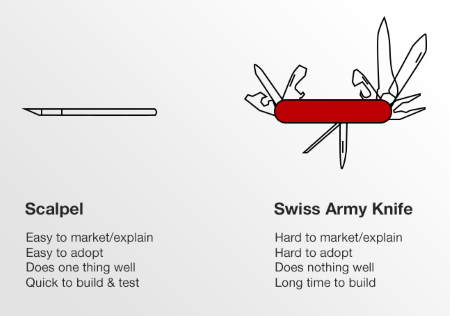A uniformitarian view is that everything is equally important. For example, there are 118 elements in the periodic table, so all 118 are equally important to know about.
The Pareto principle would say that importance is usually very unevenly distributed. The universe is essentially hydrogen and helium, with a few other elements sprinkled in. From an earthly perspective things aren’t quite so extreme, but still a handful of elements make up the large majority of the planet. The most common elements are orders of magnitude more abundant than the least.
The uniformitarian view is a sort of default, not often a view someone consciously chooses. It’s a lazy option. No need to think. Just trudge ahead with no particular priorities.
The uniformitarian view is common in academia. You’re given a list of things to learn, and they all count the same. For example, maybe you have 100 vocabulary words in your Spanish class. Each word contributes one point to your grade on a quiz. The quiz measures what portion of the list you’ve learned, not what portion of that language you’ve learned. A quiz designed to test the latter would weigh words according to their frequency.
It’s easy to slip into a uniformitarian mindset, or a milder version of the same, underestimating how unevenly things are distributed. I’ve often fallen into the latter. I expect things to be unevenly distributed, but then I’m surprised just how uneven they are once I look at some data.

